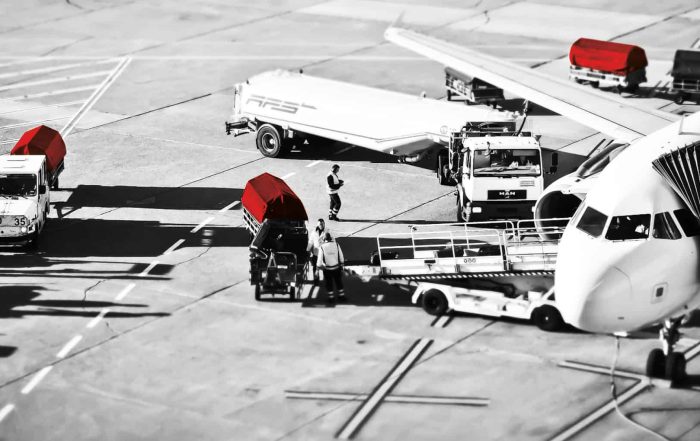In the complex world of logistics and international shipping, encountering the freight claims process due to damaged or lost goods is an unavoidable risk. A clear understanding of the freight claims process and proactive strategies can significantly minimise losses, ensuring smoother operations and enhanced customer satisfaction. This guide provides practical steps logistics managers and shippers can follow to efficiently handle claims and prevent cargo damage.
Understanding Freight Claims
A freight claim, or cargo claim, is a formal demand for financial compensation from a carrier for loss, damage, or delay of a shipment. Navigating this process effectively is crucial to protecting your business interests and maintaining profitable relationships with carriers and customers.
Key Steps in the Freight Claims Process
- Immediate Inspection and Documentation: Upon delivery, immediately inspect cargo for signs of damage. Capture clear photographic evidence, detailed notes, and driver acknowledgments on the delivery receipt.
- Prompt Notification: Notify the carrier immediately upon identifying any discrepancies. Early notification increases the likelihood of a swift resolution.
- Filing a Formal Claim: Submit your claim in writing, including all necessary documentation (bill of lading, invoice, delivery receipt, photographs). Be precise and thorough to avoid delays or denials.
- Carrier Investigation: The carrier will review and investigate your claim. Cooperating fully and providing accurate information will expedite this phase.
- Claim Resolution: Depending on their findings, carriers may approve or deny your claim, or propose a compromise. Understand your rights and responsibilities clearly to negotiate effectively.
Minimising Damage and Loss Proactively
Proactively reducing risk involves robust operational strategies:
- Proper Packaging: Utilise packaging materials and methods suitable for the cargo type. Effective packaging is your first defense against damage.
- Clear Labeling and Handling Instructions: Clearly marking packages with handling instructions helps reduce mishandling.
- Carrier Selection: Partnering with reliable and experienced carriers significantly reduces the likelihood of cargo loss and damage.
- Real-Time Monitoring and Tracking: Leveraging tracking technology ensures greater oversight during transit, allowing timely interventions to prevent damages.
- Training and Awareness: Regular training programs for staff on proper handling, packaging standards, and documentation procedures reduce risks and enhance operational reliability.
Utilising Technology for Claims Management
Advanced logistics software solutions streamline claims management, offering centralised documentation storage, automated claims filing, and status tracking. Integrating these systems into your operations helps manage and reduce the administrative burden, ultimately speeding up the resolution process.
The Role of Insurance
Appropriate insurance coverage provides a critical safety net against unavoidable losses. Freight insurers like Allianz review your cargo insurance policies regularly to ensure adequate protection, considering additional coverage for high-value or high-risk goods.
Building Strong Relationships
Effective communication and good relationships with carriers like MSC and Maersk and customers play an integral role in efficient claims handling. Clearly communicating expectations and promptly addressing issues when they arise fosters cooperation, leading to quicker and more satisfactory outcomes.
Conclusion
Minimizing freight damage and loss involves careful planning, precise execution, and efficient claims handling. By following best practices in packaging, documentation, carrier selection, and leveraging technology, logistics managers can significantly mitigate risks and streamline the claims process. Partnering with trusted logistics providers, such as K&L Freight, can further enhance your ability to manage claims effectively and maintain operational excellence. Contact us today.
RELATED POSTS
Repatriation Logistics: Getting it Right Every Time
When a death occurs overseas, families need clear, compassionate support to arrange repatriation—the safe return of their loved one’s remains[...]
What are the Impacts of Fuel Prices on Freight Shipping Costs?
Fuel is one of the biggest cost drivers in freight. When prices swing, road, sea, air, and rail rates move[...]


